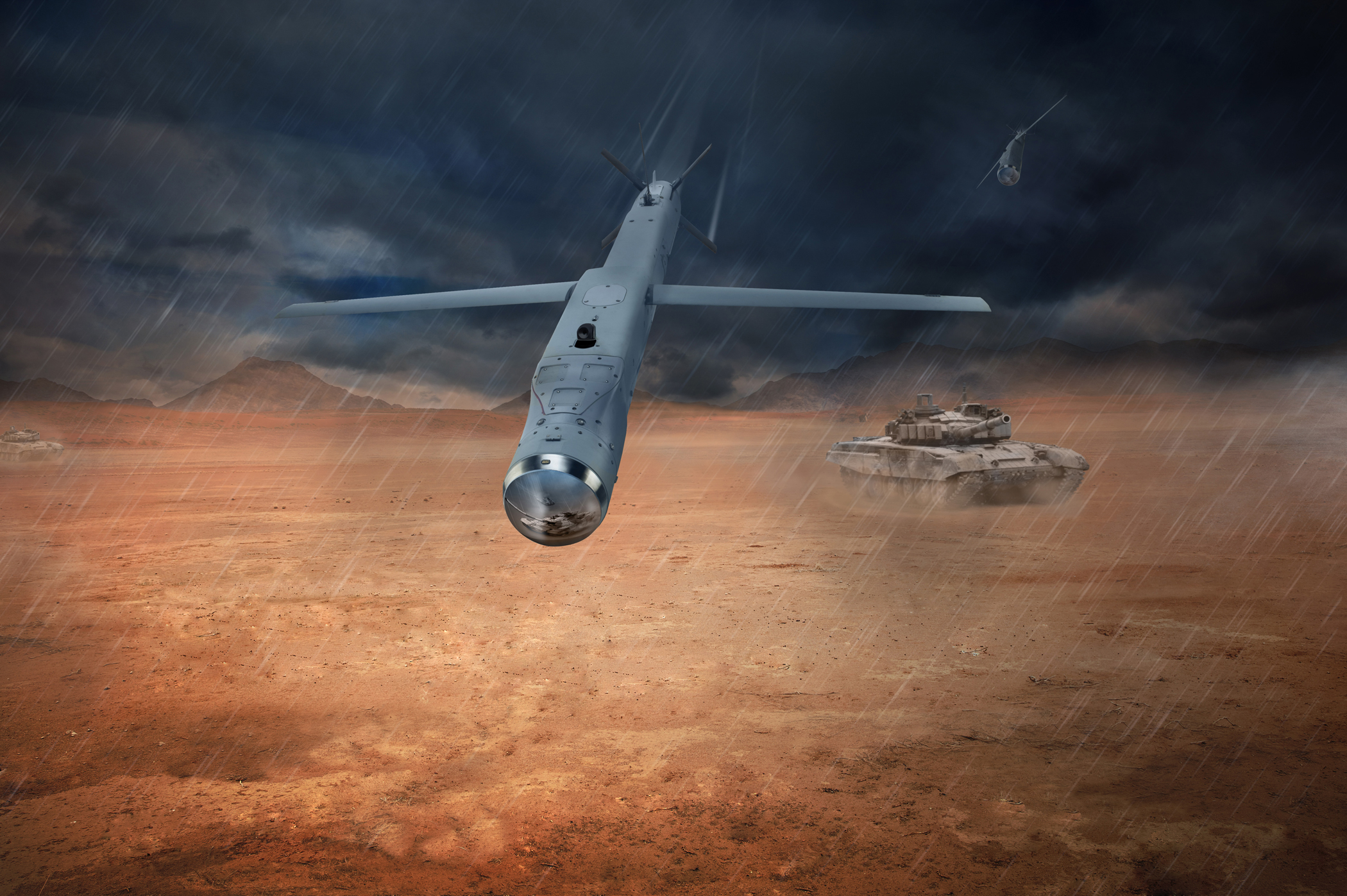The U.S. State Department has made a determination approving a possible Foreign Military Sale to the Belgian Air Component (Belgian Air Force, Luchtcomponent, Composante air) of Small Diameter Bomb-Increment II and related elements of logistics and program support for an estimated cost of $115 million. The Government of Belgium has requested to buy up to 196 Guided Bomb Unit (GBU)-53/B Small Diameter Bombs-Increment II (SDB-II) All-Up-Rounds (AURs). Also included are SDB-II Weapons Load Crew Trainers (WLCT); training aids and devices; spare and repair parts, consumables, accessories, and repair and return support; unclassified software delivery and support; unclassified publications and technical documentation; major modifications and maintenance support; training and training equipment; munitions support and support equipment; transportation support; and other related elements of logistics and program support. The principal contractor will be RTX Corporation, located in Arlington, VA.
The proposed sale will improve Belgian Air Component’s capability to meet current and future threats by maintaining its F-35 fleet in combat-ready status and providing a credible deterrent to regional threats. Belgium selected the F-35A as its Lockheed Martin F-16 Fighting Falcon replacement in October 2018. As noted by Janes World Air Forces, the Belgian Air Component’s (BAC’s) F‐35As should attain basic operational capability, performing quick reaction alert (QRA), in 2025. This is the same year during which the first four F-35As are scheduled to arrive at Florennes Air Base. Initial operational capability, which is linked to the ability to undertake limited expeditionary operations, is foreseen in mid‐2027 and full operational capability in late 2030, when deliveries are complete.

The GBU-53/B StormBreaker, also known as the Small Diameter Bomb Increment II (SDB II), is an American air-launched, precision-guided glide bomb. The bomb is developed and manufactured by Raytheon. A Boeing/Lockheed Martin team attempted to develop it but lost in a U.S. Air Force competition. SDB II is a 250-pound weapon that uses deployable wings to increase standoff range. It is the first Air Force networkenabled weapon to use weapon datalink (WDL), allowing postlaunch tracking and control of the weapon via in-flight target updates. The seeker uses multiple sensors to operate in adverse weather. Once launched, SDB II guides to a designated target cue which is updated inflight via the WDL until the seeker provides terminal guidance to the target. SDB II is fielded on the F-15E, and integration efforts continue on the F/A-18E/F and F-35B/C.
The use of uncooled imaging infrared has been cited as innovative and effective in reducing costs. An important feature of the new weapon is maximizing the number of bombs carried by the strike aircraft. Eight bombs along with two AIM-120 AMRAAM missiles can be carried in the weapons bay of the F-22 Raptor or the F-35 Lightning II (even the STOVL F-35B). The SDB II bomb rack originally did not fit inside the smaller F-35B weapons bay. A modification will be provided to coincide with the software package. An F-35 can carry 24 total bombs, 8 internally and 16 externally. In January 2013 four SDB IIs were loaded into the weapons bay of an F-35 Lightning II alongside an AIM-120 AMRAAM missile. The successful fit check validated that the SDB II was compatible with the F-35 and gave adequate clearance in sweeps of inboard and outboard bay doors.












